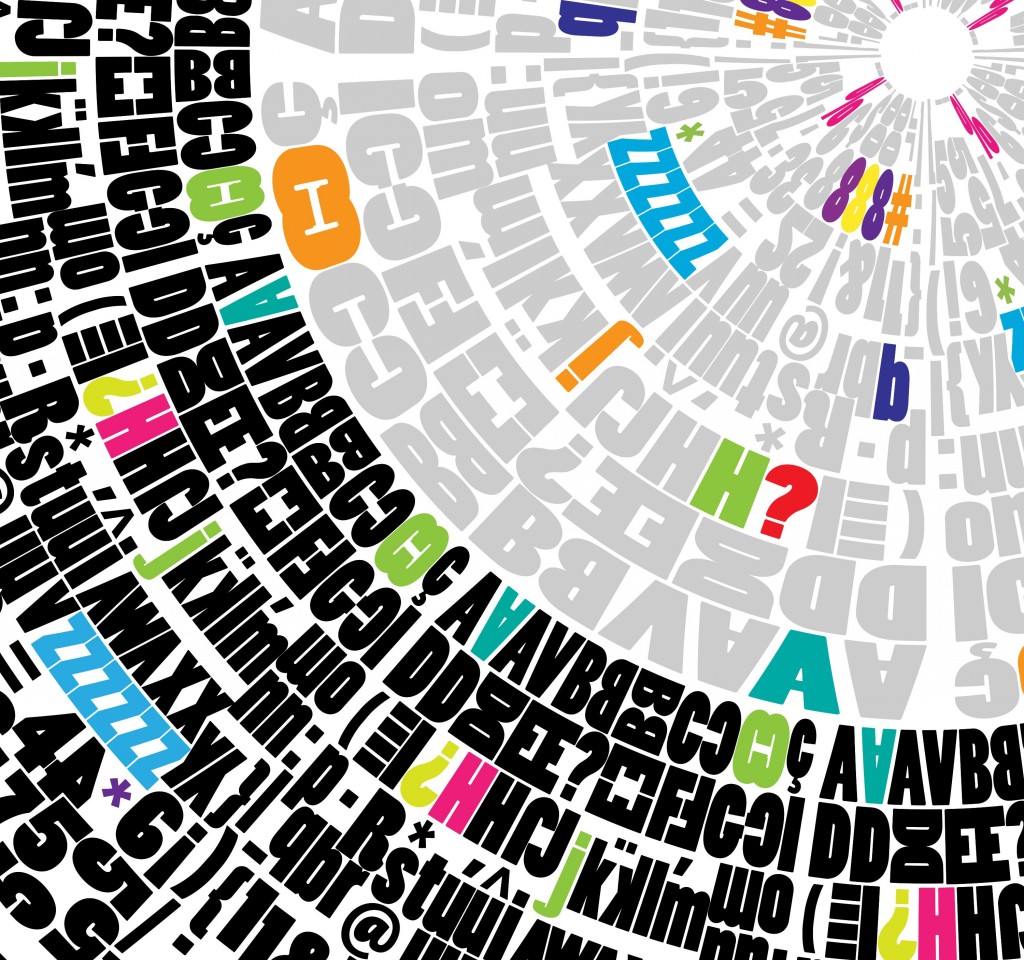
The term web literacy has been used to explain being someone using the internet and being fluent with the use of the basics but also of popular applications such as Twitter, Facebook, etc. as well as how you can utilize YouTube for your personal needs. But in this instance we will talk about here, it suggests, the capability for your internet audience to read exactly what you wrote on your web page. So, the question is, can they?
The actual data on web literacy up until now has been inconclusive. Sure, much of recent studies have indicated a greater amount of time invested in reading and writing online, but it is many times restricted to 140 characters or less.
Analyzing these results to see whether or not all the time people invest online is helping or impeding their capability to comprehend better, is still up for debate.
Consider the following example taken from a popular journalism website taking article submissions. They advise that you compose your writing for an audience with a low-level reading capability, citing a considerable research study in which 43% of web visitors have been surveyed to be ‘low literacy’ users, who can not understand a page composed over the 6th Grade level. They go on to suggest proofreading to insure you adhere to this, while ensuring more literary works be at the highest at Grade Level 8.
It has been theorized that this generation is definitely consuming more online content and the options available to them allow much more creativity then has ever been possible before. Most online writers have a unique ability to assess what their audience wants (probably due to the instant feedback they can receive through a blog for example), and be able to adjust tone and technique to best suit these same people.
Writers, one can assume, adapt to these things as mentioned but precisely how literate are individuals online in general and exactly what does the mean for these content producers?
The answer to this web literacy question, like so many other areas of life, is that it depends.
It relies on who you’re composing for. And it relies on wherefore function they’re reading what you created.
Which brings us back to the innate ability of a writer to connect with their audience. Create for whoever is visiting what you wrote, while bearing in mind when, where and exactly how they’re going to be reading it. Medical professionals expect a certain level of references and professionalism to even give an article a chance. A jazz fan would not instantly connect with a review using a tone reserved normally for rap artists.
As one can see, this is not such a straightforward a topic to be answered so easily. Possibly there are more than a few people online that curl up to a Dostoevsky once they close their web browser. If your job is to write something compelling for them, you better understand how you can connect with them first. It’s less about the selection of words than it is the choice of story. That is the secret so choose well.